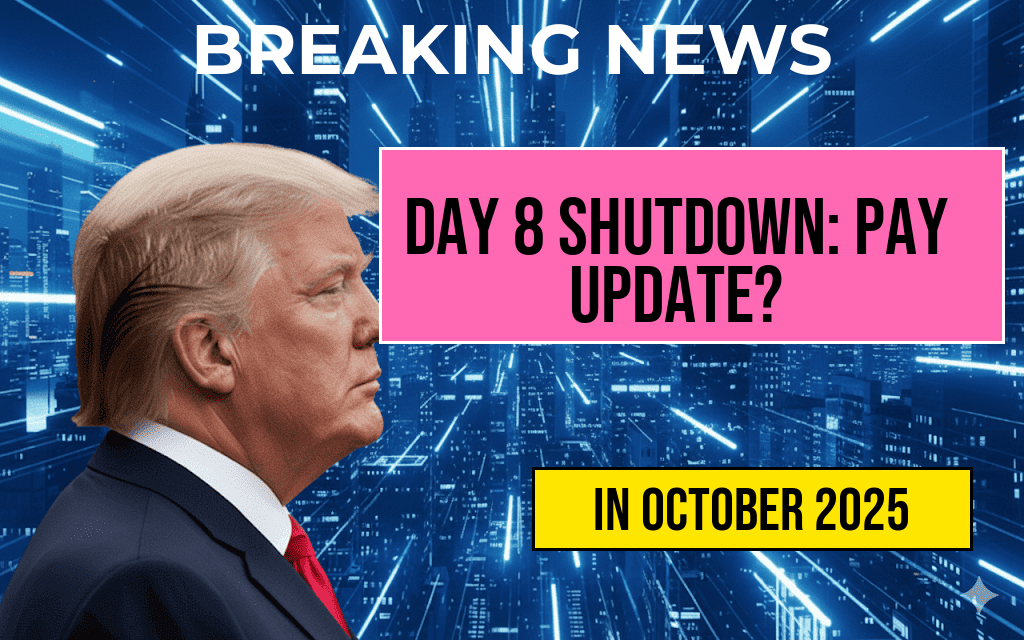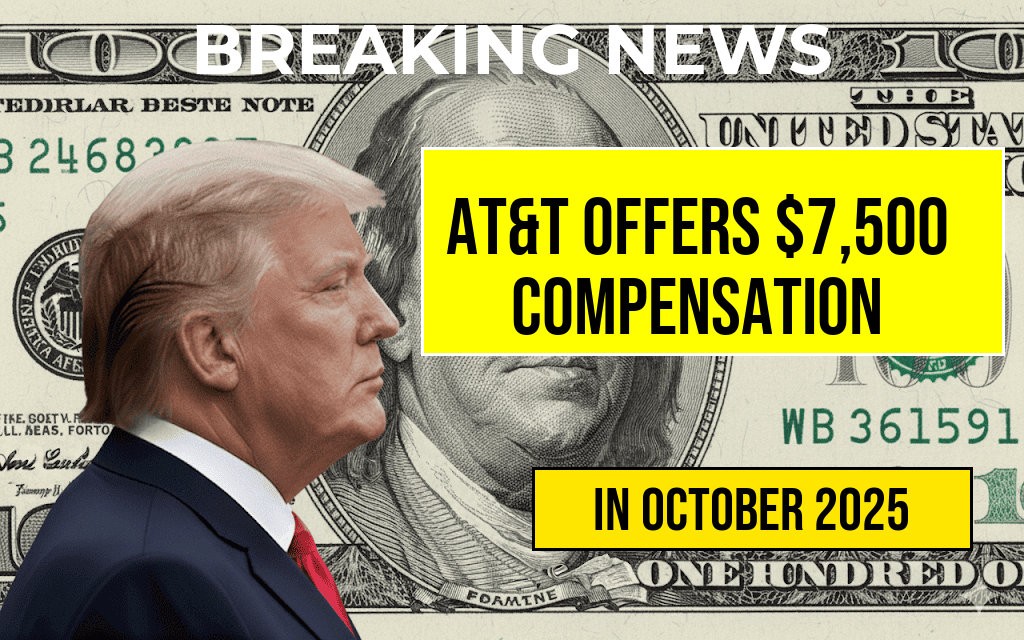As the eighth day of the ongoing federal government shutdown unfolds, uncertainty persists over the fate of federal employees’ paychecks. With congressional negotiations stalling over key budget disagreements, many workers face the prospect of delays or reductions in their compensation. While some government agencies have implemented measures to mitigate immediate financial hardship, others are left navigating a landscape of financial uncertainty. This situation raises pressing questions: Will federal employees receive partial or full pay during this shutdown? Experts warn that the impact varies depending on agency funding and legislative actions, leaving millions in limbo as lawmakers debate funding resolutions.
Current Status of Federal Employee Compensation
Legislative Framework and Past Precedents
Federal employees are generally protected from non-payment during shutdowns by federal law, which mandates that essential personnel are compensated once funding resumes. However, during ongoing shutdowns, paychecks may be delayed or reduced for non-essential staff. The last government shutdown, in 2018-2019, saw hundreds of thousands of workers furloughed without pay, with some receiving back pay after the resolution of the crisis. Still, the current situation differs as negotiations remain unresolved past the initial deadline, raising concerns about whether lawmakers will approve retroactive pay.
Impact on Different Categories of Employees
- Essential Employees: Those designated as essential continue to work but may face delays in pay if legislation does not specify otherwise.
- Furloughed Employees: Non-essential staff are furloughed and typically do not receive pay during the shutdown unless an emergency funding measure is enacted.
- Contractors: Many contractors working on federal projects are also affected, with payments often delayed or halted entirely.
Federal Agencies’ Responses and Financial Safeguards
Agency-Specific Measures
Several agencies have announced plans to prioritize critical functions and provide financial assistance or advances to employees. The U.S. Office of Personnel Management (OPM) has issued guidance clarifying the status of federal pay and employee rights, emphasizing that pay delays are a possibility but that employees will be compensated once funding is restored. Notably, agencies such as the Department of Homeland Security and the Department of Defense have implemented contingency plans to ensure essential operations continue, although non-essential activities are largely curtailed.
Potential for Retroactive Pay
Historically, Congress has often approved retroactive pay for federal employees once funding is restored. The federal pay system includes provisions to compensate employees for periods of unpaid work during shutdowns. However, this process depends on legislative approval, which can introduce delays. The current political climate suggests that lawmakers are under pressure to pass measures ensuring full back pay, but no definitive agreement has been reached yet.
Expert Analysis and Outlook
Financial Implications for Federal Workers
Analysts warn that prolonged shutdowns can have severe financial consequences for federal employees, especially those living paycheck to paycheck. Without access to their regular income, many face difficulties covering basic expenses such as rent, utilities, and groceries. Some employees have turned to emergency savings or community resources, but these are often short-term solutions.
Legislative Prospects and Next Steps
Political leaders remain divided over the funding bill, with debates centered on broader budget issues and policy provisions. Congressional leaders have indicated that discussions are ongoing, with some lawmakers pushing for immediate passage of a funding package that includes full pay for federal employees. The Biden administration has expressed support for compensating workers affected by the shutdown, emphasizing the importance of maintaining government functions and protecting employee livelihoods.
Summary Table: Federal Employee Pay During Shutdown
| Scenario | Pay Status | Notes |
|---|---|---|
| Full Pay | Received | Typically if Congress approves retroactive compensation |
| Partial Pay | Delayed or reduced | Depends on agency policies and legislative measures |
| No Pay | Furloughed without pay | Unless emergency legislation intervenes |
As the government shutdown enters its eighth day, federal employees await definitive news on their paychecks. The resolution hinges on ongoing legislative negotiations, with the potential for back pay once a funding agreement is reached. Employees and contractors remain in a state of uncertainty, underscoring the profound impact of political impasses on individual livelihoods and public service delivery.
Frequently Asked Questions
Question
What is the current status of federal employee pay on Day 8 of the government shutdown?
Question
Will federal employees receive partial or full pay during the shutdown?
Question
Are there any exceptions for essential workers regarding payment during this shutdown?
Question
What resources are available for federal employees facing financial hardships due to the shutdown?
Question
How might the ongoing shutdown impact government services and public assistance programs?










